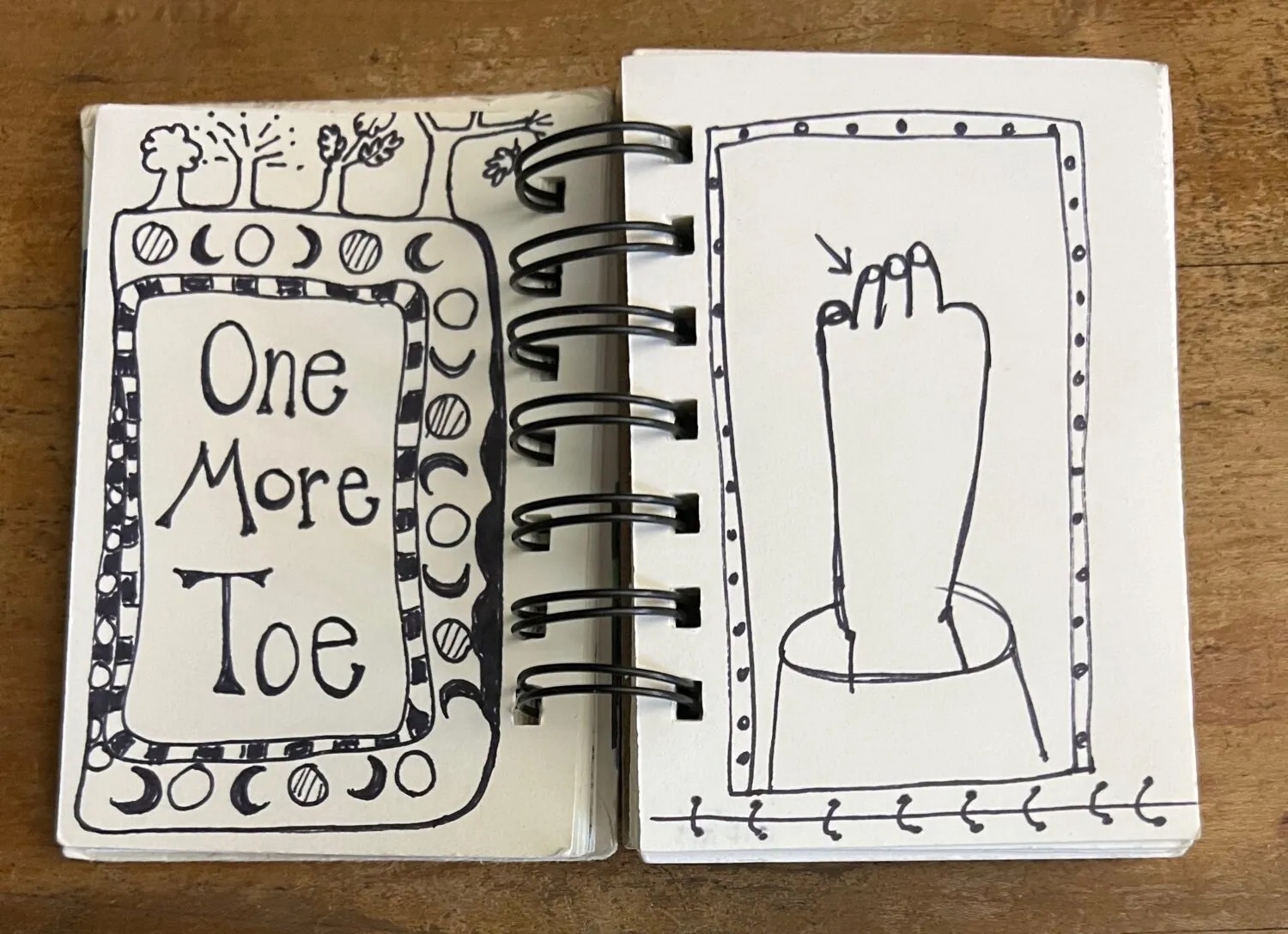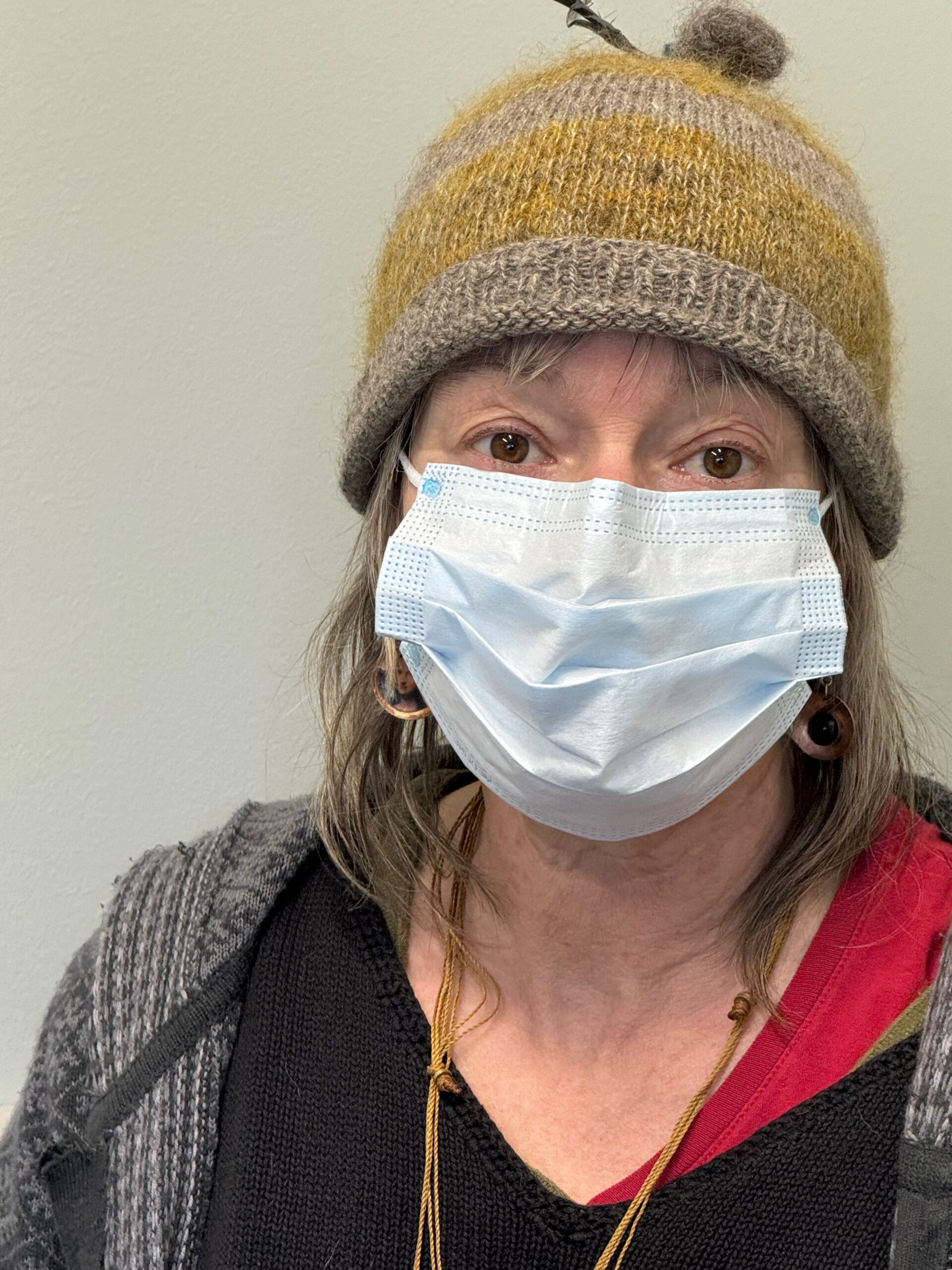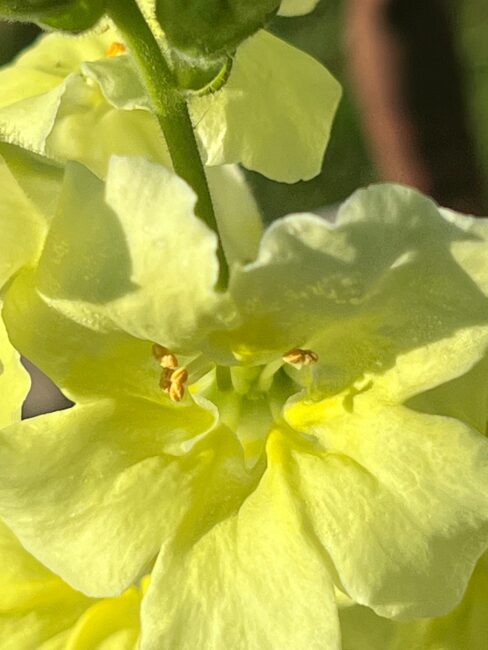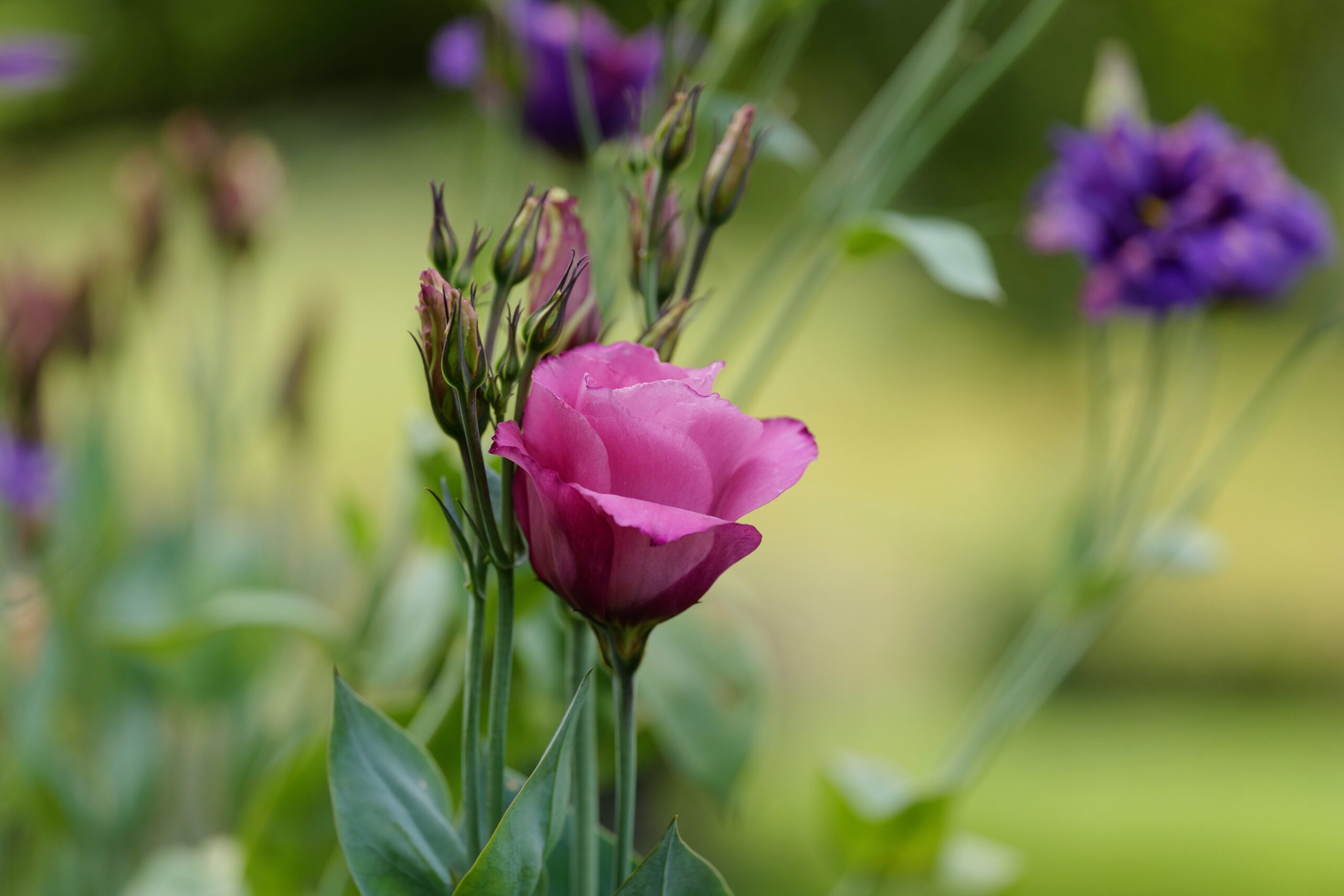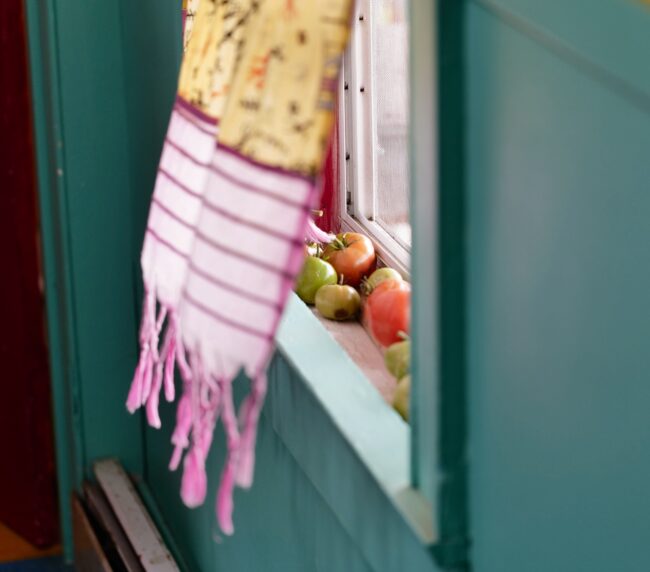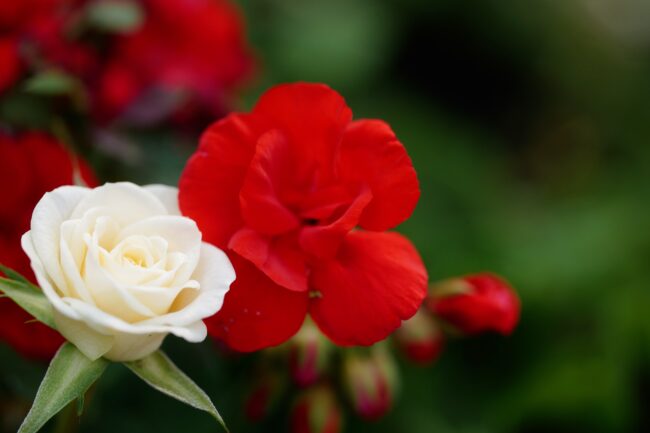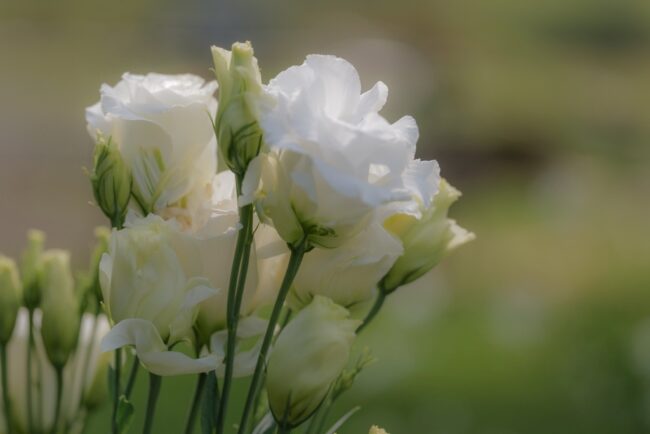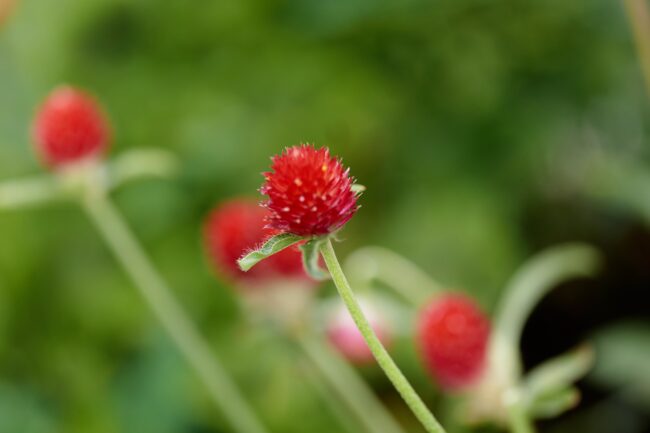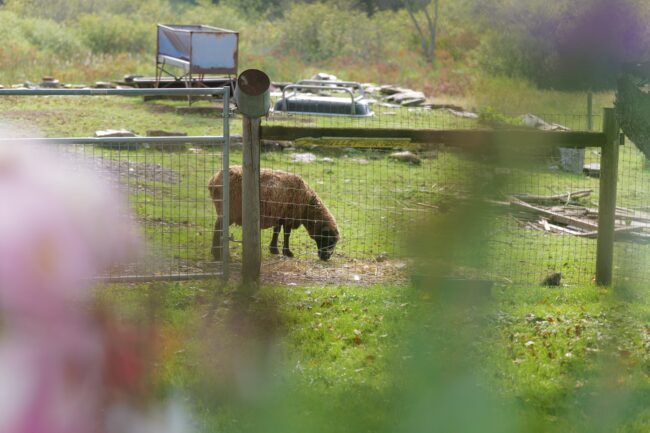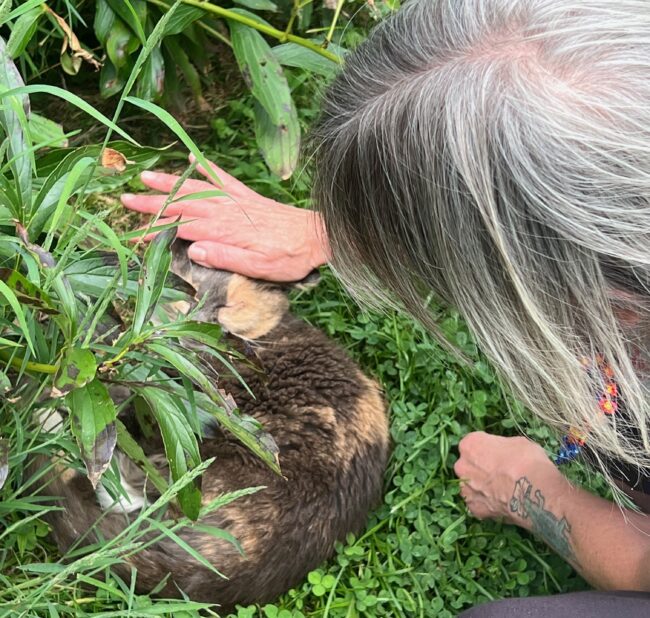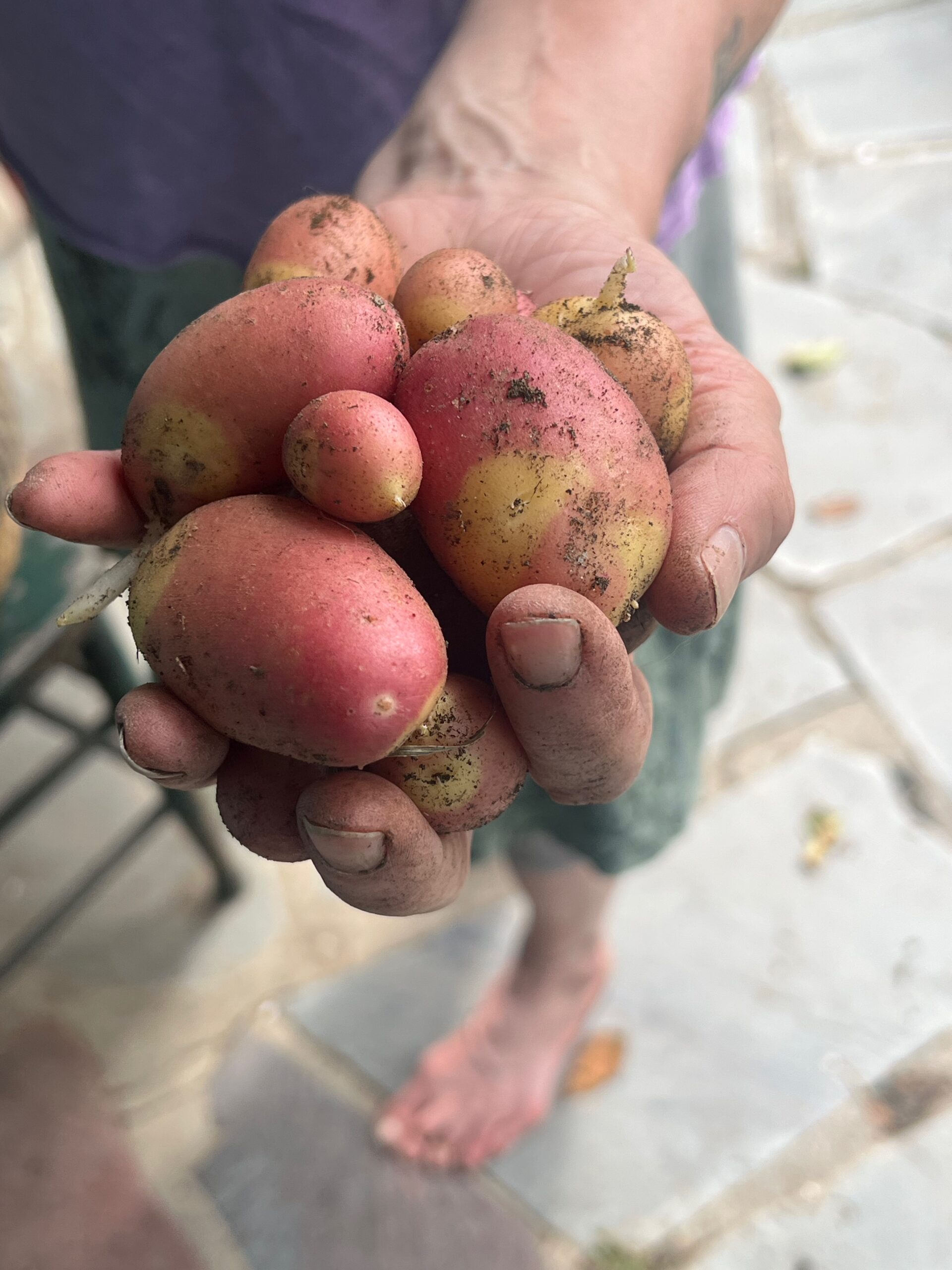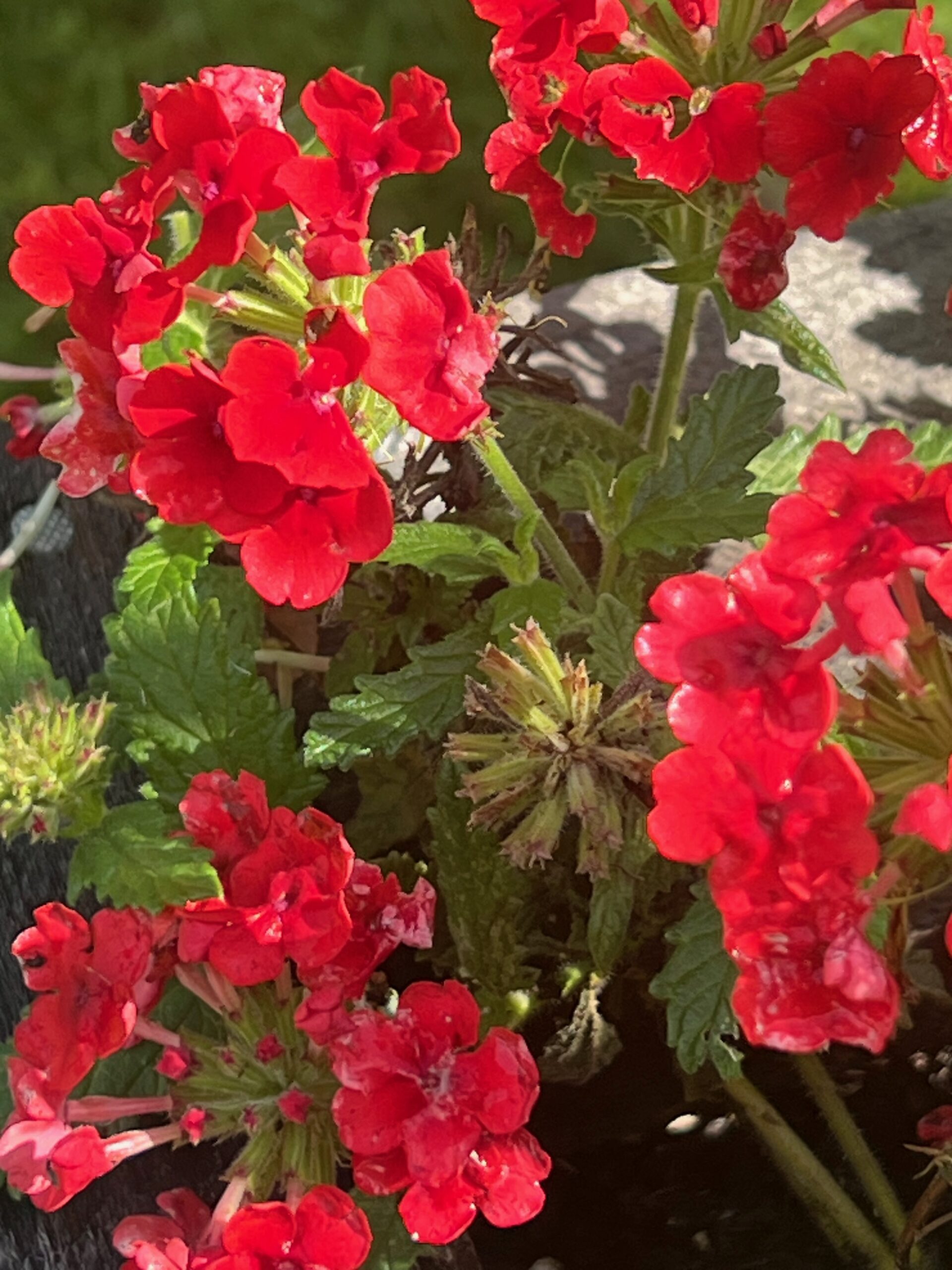I had a virtual session with my trusted and long-term therapist this week. She knows me better than anyone on the earth except Maria.
We talked about anger and my feeling (and have been told) that I ought to be nicer to people who offend me. A lot of people have said to me that in my life. A few have told me I am friendly, especially compared to many men.
One woman said I was so scary she was afraid to recommend my blog to her friends.
My feeling is that I am complex. I have no saint ambitions. I can be nice; I can be nasty. They call it being a human.
At one point, the therapist cautioned me not to listen too closely to the people urging me to be friendly and to not speak up directly or harshly to people who anger or even disgust me – narcissists, the pompous, the arrogant, the hypocritical, and moving towards the top of my list – the know-it-alls. We all want a sweet and gentle world.
But we live in the one we have.
She urged me not to feel badly about being called nasty or disgusted or angry but about what people do or say to me. I don’t hurt or threaten people; I have strong feelings about things. She called them values. She said there is no need to pretend to be someone else; just be yourself. Know-it-alls challenge almost all my values – privacy, thought, civility, and creativity.
I liked this value idea. I don’t often think of myself in that noble way, but I like the idea of having values and sticking up for them.
This was liberating.
It doesn’t mean I’m returning to the troll fights; that was pointless and useless; I’m much happier without them. But I have values and opinions and will continue fighting for them and challenging people who offend me.
Expressing my values directly and honestly is appropriate and healthy. Many people disagree, but I was happy to hear it and took it to heart. Don’t be ashamed of that, she said, be yourself. I found that liberating; I’ll be happy to challenge know-it-alls. If I had more time, I would be nicer.
But I get messages from know-it-alls every day. No matter what I write, someone will correct it, challenge it, or tell me why I’m wrong. Or naive. Or stupid. They are of all ages, all colors, and races; they come from all parts of the world at all times of the day. I sense they are mostly little people who want to be bigger or taller like cats scratching a post.
Early in my life, I noticed a curious thing about knowledge and intelligence; it made a deep impression on me.
The dumbest people I encountered thought they knew the most about everything and could never admit to making mistakes or being; the most intelligent people I have known freely admit how little they know and believe they learn the most from mistakes. Those are my people.
This observation stayed far back in my mind – it didn’t affect me much – until the rise of the Internet, social media, e-mail, and texting. The digital culture has spawned countless know-it-alls, next to hypocrites, my least favorite people. If you ever want to write on social media in the open, on a blog, on Twitter, on Facebook, Instagram, or TikTok, they will come for you like flies on donkey manure. (I guess I’m the manure.)
People who enter my personal space to tell me and everyone who puts it out there online are seen as fair game – foxes on the hunt. The fact that I am dyslexic makes it easier for them. They are not invited or welcome or helpful.
They practically guarantee that I won’t listen to what they say. They don’t care. They never admit wrong or change their minds. They have to be swept away. Deleting them is like swatting flies with a baseball bat.
Social media is paradise to the know-it-alls; they can proclaim unsolicited opinions about everything to anyone, it’s free, easy, and there are no consequences or accountability. Nobody keeps a recall of what know-it-alls say, and being a know it is not against any law I know of. Maybe one day.
They are different from the trolls. They just want to correct and opine. They just want to be more prominent people.
Social media reminds me of the hungry dog who stumbles across a juicy steak. He can’t stop eating it.
First, some definition: My grandmother was the first to warm me about know-it-alls. “They are stupid,” she said. Intelligent people are too busy to tell other people what to do or what they know.
I asked a psychologist friend to determine a known all. She was happy to oblige. “Your grandmother got it right,” she said. “They are small people, and knowing it all makes them feel bigger.”
Know-it-alls think they know everything, she said. They feel superior, are dismissive of others’ opinions, are unwilling to listen to others, and relish telling others how to do their work and how to feel. They live to correct. They feel and sound superior. Know-it-alls like to hear themselves talk and often become addicted to it. This behavior, the psychologist said, may become so ingrained that it becomes part of their emotional DNA.
They can’t stop; it’s who they are. One know-it-all drew me into a ridiculous two-day argument about whether Maria and a fellow sower were “seamsters.” The insisted sewer was a kind of dirty word (city sewers), thus offensive. When I said Maria and her friend were not “seamstresses” because neither made clothes, they said I was wrong and nasty.
The dictionary didn’t impress them; they just ignored it, and I finally woke up to the absurdity of the argument and delegated them both—shame on me.
Once in a while, no-it-alls can still get to me, but reality seems worth fighting for sometimes.
I can be a know-it-all; I know it. I think anyone can be one. It’s so easy on social media. Perhaps this is why I dislike them so much.
I am always learning how little I know and have never been wiser. Sometimes the most essential words in the English language are “I don’t know.” Brilliant people say that all the time.
A month ago, a college professor, Dean, sent me a lengthy and unsolicited critique of my blog, which offered me some patronizing praise, and said I should not write about politics, philosophy, or spirituality. He said it slowed the blog down. He didn’t mention my flower pictures.
I didn’t post his wisdom, I did tell him to get lost, and he did. I said I didn’t ask his your opinion and was uninterested. If I had posted that response, a chorus of know-it-all enablers would have scolded me for being nasty and intemperance. I was just being honest; I successfully ran another pompous windbag off my comments page for lecturing me on reading books.
He was furious that I refused to let him buy me a $250 dog book which he insisted I needed and would “inhale.” He said he knew I was making a big mistake.
It takes unconscionable gall in my mind to invade the space and domain of another human without being asked and presuming to tell them what to do or what is true. The sincere person asks questions; the know-it-all never does. That’s what gives them away. They do not propose ideas. They make absolutist statements.
I regret owning up to my admiration for the wisdom of the heavy moral philosopher Hannah Arendt; she is a great hero of mine. She wrote this about hypocrites, but it is precisely how I feel about the know-it-all:
As witnesses not of our intentions but of our conduct, we can be true or false, and the hypocrite’s crime is that he bears false witness against himself. What makes it so plausible to assume that hypocrisy is the vice of vices is that integrity exists under cover of all other sins except this one. Only crime and the criminal, it is true, confront us with the perplexity of radical evil; but only the hypocrite is rotten to the core.
I would add know-it-alls to her list. They corrupt knowledge and truth; they demean listening and learning. They betray their false purpose by claiming to know things rather than listening or teaching anything of value. They seek to shrink knowledge to their narrow understanding while choking the idea of knowledge.
Like the troll and the hypocrite, the know-it-all does not advance learning; he stifles and smothers it.
The know-it-alls strike on all subjects, but they are especially drawn to anything relating to health, medicine, dentistry, politics, animals, or sickness. A woman assured me that our dying sheep Liam was starving because he had no teeth. She said our vet was incompetent and that I was cruel for letting Liam die and arranging for him to be put down, and she was eager to shame me as I grieved Liam’s death.
Animal know-it-alls, like political extremists, are imbued with an almost holy and fanatic sense of purpose and self-worth. No one can know more than they know. If I get another message about Hunter Biden, who absolutely no one in America cares one thing about, I might just have to run and hide.
Just last week, someone wrote me to warn me that the periodontist inserting an implant into my jaw was greedy and dishonest and should not be trusted. She said I should never get Implants; they are a sham, just a chance for dentists to get fat. She is a public school teacher.
What on earth gave this person the idea that I was looking to strangers on social media to tell me what medical procedure I should accept? She had not seen the X-rays, talked to the doctor, or asked me how I felt. Social media loves the intrusive and the pretentious.
I cringe whenever a dog gets sick and brace myself for the onslaught; the dog know-it-alls are among the most intractable and insistent of the genre. They diagnose from blog pictures and have never learned the words “I think” or “perhaps,” words I insert into almost everything I like. If you defy them, you are a cold-blooded monster.
Radical feminists are enthusiastic know-it-alls, as are Trumpists, conspiracy theorists, and extreme liberal ideologues. They never think or doubt themselves, and they never ask. They know. They are just labels.
The know-it-all has come to glory in our town; he or she now has access to millions of blogs and posts and has never been taught by Mom or Dad to be polite, respect privacy, mind their own business, respect the boundaries of others, and recognize natural intelligence as no less an intellect than Einstein defined it:
Intelligence, he declared, is not about knowledge but imagination. People with dreams don’t waste their time seeking out strangers. They will never meet to tell them what to do, hear or say. They will raise questions and share ideas. I get messages like that, too, every day; bless them.
In this sense, social media doesn’t expand the mind; as it claims, they kill the reason.
Intelligent people who read my blog know I am not a big fan of unsolicited advice, which is often wrong, inaccurate, and almost always annoying. There are times when it is helpful and times when it is valuable. But never when it comes from know-it-alls.
Foolish people send me messages that begin with “I know you don’t like advice, but…” Duck. I can’t fathom sending advice to people I know in advance don’t want it.
Quite often, this “advice” is not advice at all but the work of know-it-alls who believe their instincts and knowledge are so accurate and vital as to override the oft-stated wishes of their targets. Their brilliance will persuade me. They are so wise in their minds that I must appreciate their advice, even if I say I don’t want it.
A famous African proverb holds that wise men know nothing, and fools know everything.
I am a proud fool and proud to say I know very little for sure. And my shrink is right. I should speak openly and honestly when my values are challenged or disrupted.
And I know even less in the overall scheme of themes, almost nothing, and I know it. This is why I would never offer strangers advice or tell other people what to do. May the know-it-alls choke on their cereal and take some hypocrites with them.

